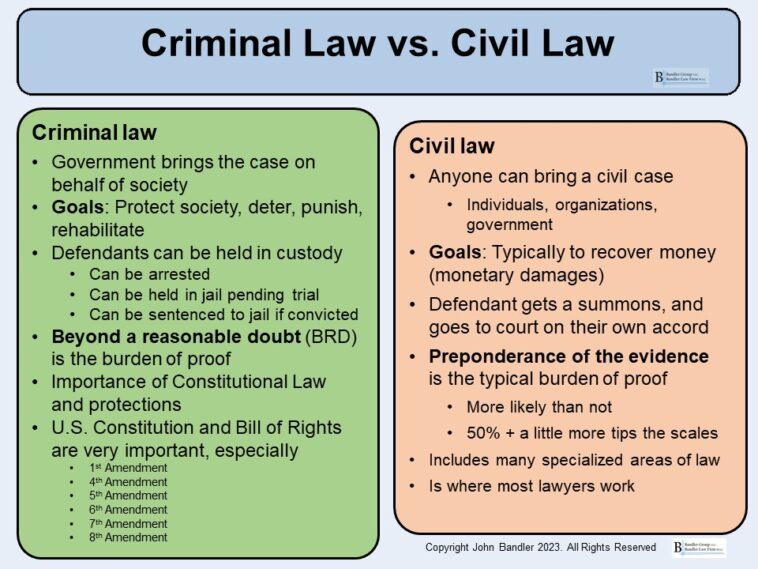The United States legal system rests on the fundamental principle of due process, designed as a shield that protects individuals from undue government intrusion. Rooted in the core texts defining the America’s constitutional democracy, no person can be stripped from their life, liberty, or property without being granted due process of law. The origins of this concept trace all the way back to the Magna Carta in the 13th century. Even today, due process forms an integral part of our constitution, but its practical implications often raise questions.
Elucidating the concept, due process primarily advocates for fair trials. This essence of equity and fairness within the legal system is enshrined within the 5th and 14th Amendments to the U.S. Constitution. These amendments ensure that the principle of due process holds true across all levels—state and federal.
Engendering a sense of egalitarianism, the Constitution stipulates that due process stands applicable to every single individual within the United States, irrespective of their diversity in background or immigration status. The all-encompassing reach of due process accounts for its place of sanctitude within the American legal system.
A closer examination of due process reveals two distinctive types: substantive and procedural due process. Substantive due process deals with whether laws infringe upon essential rights such as marriage or privacy. Even though these rights might not be expressly enshrined in the Constitution, they are considered so inherently important to human well-being that they are treated as given.
On the other hand, procedural due process focuses on the methods through which laws are implemented within legal proceedings. This facet of due process ensures that certain protective measures outlined in the 5th Amendment are respected. For instance, the protection against jeopardy of life or limb (a person cannot be judged for the same crime on two occasions), the protection against self-incrimination (‘taking the fifth’), and the right to a grand jury indictment, which implies that if a person is accused of a crime, a grand jury must establish sufficient evidence to initiate a trial.
Within the scope of our legal framework, civil and criminal cases serve distinctive roles. Civil cases typically involve conflicts between two or more private parties. Such cases often lead to the civil court where litigations are conducted to resolve the disputes. A common scenario in this respect would be a situation where one party lodges a complaint accusing another of contract violation.
In contrast, criminal cases revolve around actions that inflict harm to the state or its people such as cases of robbery or homicide. Distinguished from civil cases, where monetary compensation may suffice if a defendant is found guilty, criminal litigation can culminate in imprisonment of the defendant.
The 6th Amendment of the U.S. Constitution ensures that individuals involved in both criminal and civil procedures have a right to legal representation. One essential distinction here is that in criminal proceedings, defendants are entitled to have a public defender, a government-funded attorney.
However, when it comes to civil cases, the government does not cover the costs associated with an individual’s legal representation. This extends to immigration courts which fall under the category of civil courts. Hence, while individuals engaged in immigration legalities are entitled to an attorney, the court has no obligation to furnish them with one.
There are numerous ways through which violations of due process can manifest. These might range from denial of a hearing in court to biased adjudication, or a prosecutor withholding evidence potentially suggestive of a defendant’s innocence. Other violations may include failing to issue a notification before action is taken, unreasonable delays in legal proceedings, or using forced confessions in court.
Believing in potential violations of your rights necessitates seeking legal advice promptly. As the correspondence advances, it becomes critical to maintain accurate documentation of all interactions related to the supposed infraction. Reporting it to the Department of Justice is often a prudent step.
Another recourse against due process violations can be filing a lawsuit. Although this might seem daunting, the potential outcomes of such actions can significantly benefit the person whose rights have been compromised. If proven, a violation of due process can result in the revocation or dismissal of charges, restitution of benefits, and even the overturning of convictions.

